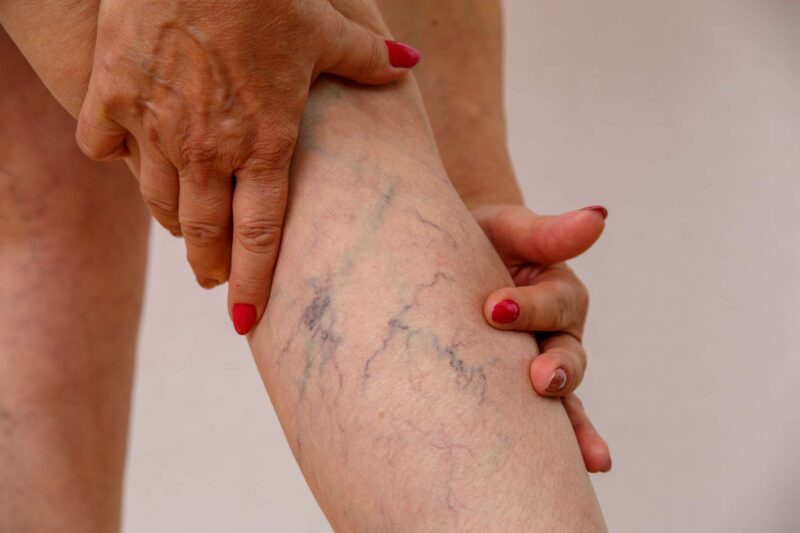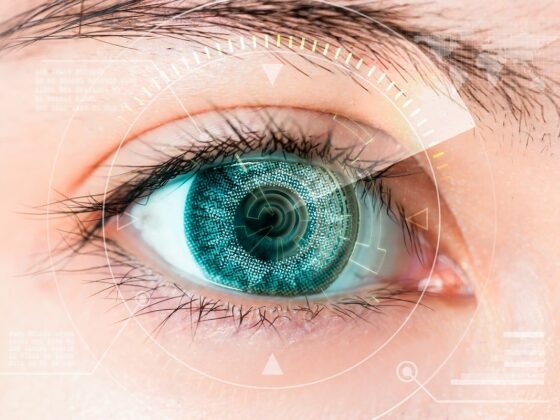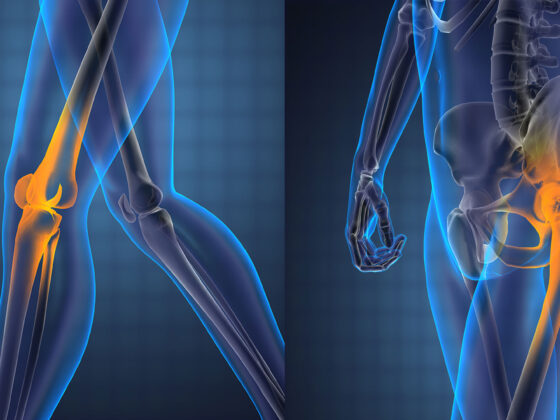Varicose veins rarely cause any symptoms in most cases, but their unsightly nature may affect your psychological and social life. These veins may prevent you from wearing your favorite clothes to hide them. Fortunately, the Soffer Health Institute offers varicose veins Weston treatments that eliminate these unsightly veins, restoring your life quality.
How do varicose veins develop?
Varicose veins, also known as varicosities, are large, twisted, purplish veins that often develop beneath your skin at the back of your legs. These unsightly veins can develop on any body part, but they are more prevalent behind the legs. Most people experience a mild form of spider veins and varicose veins that rarely cause any alarming symptoms, while some may experience uncomfortable symptoms that may cause severe complications.
Varicose veins are due to the gradual accumulation of blood in the veins in your legs, causing them to swell and enlarge. The veins in your legs function against gravity, and the valves contract to prevent the backflow of blood. If these valves weaken or malfunction, blood flows backward, pooling in yours and causing them to twist or stretch.
What factors increase your risk of developing varicose veins?
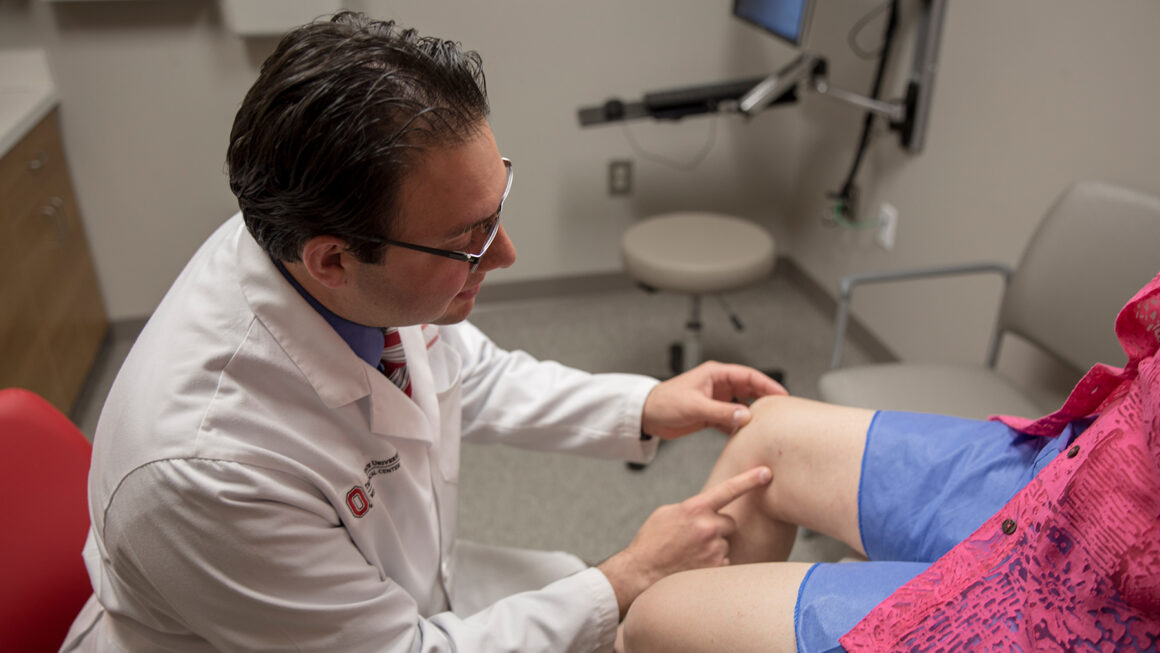
Anyone can develop varicose veins, but some factors may elevate your chances of getting them. For instance, as you age, the wear and tear on the valves cause them to weaken, resulting in the pooling of blood in the veins. Women also have higher chances of developing these unsightly veins than men due to the hormonal changes occurring during menopause, pregnancy, or menstruation. A family history of varicose veins also primarily contributes to these stubborn veins.
When should you consult your physician about varicose veins?
Varicose veins may not cause painful symptoms, but they may cause dark purplish veins that appear like twisted cords on your legs. The painful symptoms include a heavy or achy feeling in your legs, pain that worsens after extended periods of standing or sitting, an itchy sensation around the affected veins, and skin discoloration around the varicose vein. If varicose veins repulse you or affect your self-esteem, contact the Soffer Health Institute specialists for treatment. If you also experience symptoms that interfere with your life, inform your doctor immediately.
How can your doctor treat varicose veins?
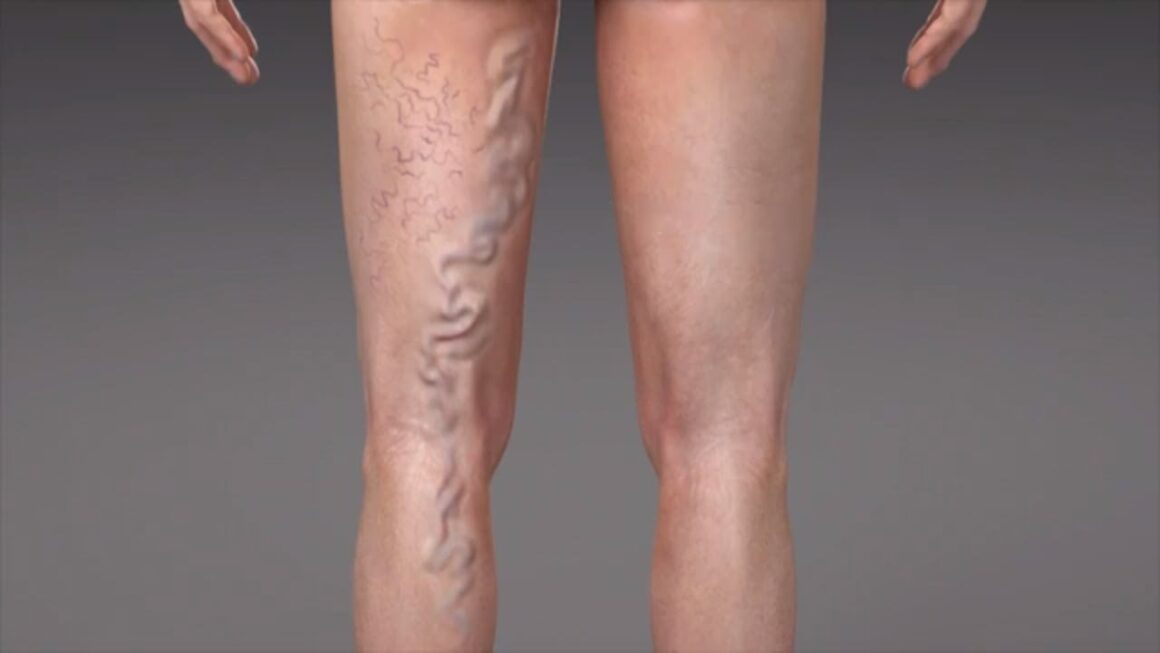
During your appointment, the Soffer Health Institute team conducts a thorough physical assessment to determine the cause of your varicose veins. They may also review your health history and discuss your symptoms and health goals before recommending the most appropriate treatment. If you have mild varicose veins, the team may recommend wearing compression stockings to promote blood flow.
They may also recommend eating a healthy diet and incorporating exercise into your daily routine. Your provider may also recommend minimally invasive procedures such as endovenous ablation and sclerotherapy to eliminate varicose veins and improve blood circulation. Sclerotherapy involves injecting a unique solution into the affected vein to collapse it.
For more information about varicose veins, call the Soffer Health Institute office or make an appointment online.
